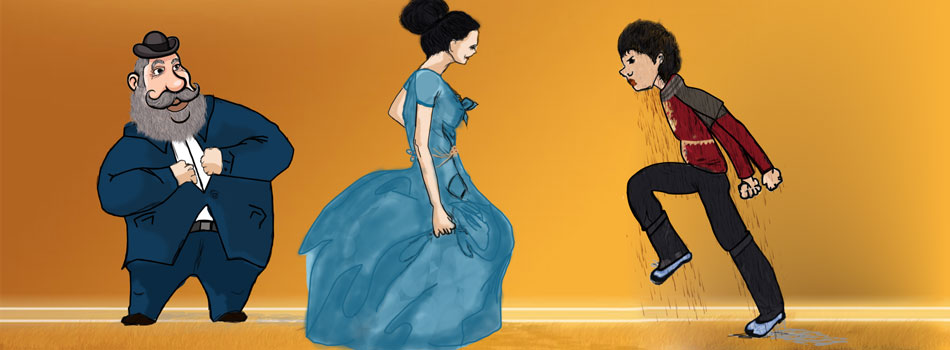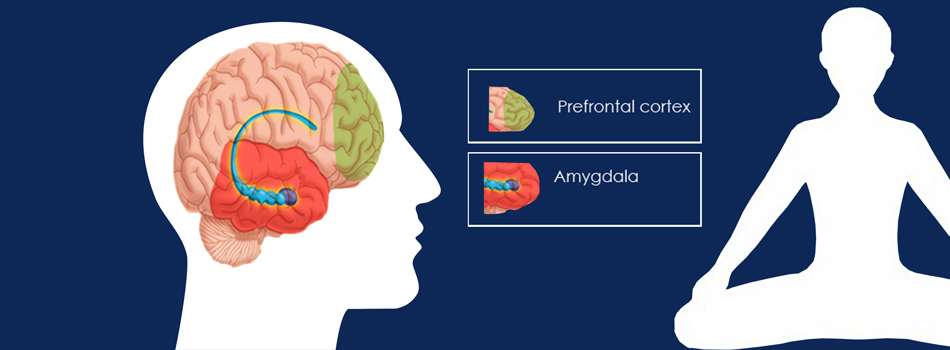
Are You Angry?
published : 2 April 2016
One fine morning I received some shocking news. One of my closest relatives had died at the age of 35. It is an age when one is expected to be in the best of health. But I knew that he had lived most of his life in anger and resentment. So it was no surprise when he had two heart attacks in eight months and passed away.
Many of us think being angry means being more powerful and being in command. Actually, it is just the opposite. When you get angry you lose yourself, your perspective of the situation and most importantly, you give your control to others.
If you have furious friends, relatives or neighbors, you must have noticed the transformation. The moment the rage is triggered, the familiar person becomes a complete stranger. At the end of the day it often costs them their relationships and social bonds, changing people’s impression of them forever.
The effect of anger on the human body is also alarming. Anger triggers blood sugar imbalance; it can decrease bone density; it also suppresses thyroid function, slowing down the body’s metabolism. It can impair the brain’s thinking ability and increase blood pressure. The effects of anger on the human brain cannot be overlooked either. Researchers at the Hotchkiss Brain Institute in Calgary have discovered that anger can have serious impact on the neurons in the hypothalamus; the brain’s command center for stress responses might be compromised. Scientists at the University College London have discovered that sudden cardiac death from emotional stress may be triggered by uneven signals from brain to the heart.
Bill Clinton once related a story about what he had learned from Nelson Mandela. During a meeting Clinton had asked, ‘I wonder what you must have felt towards your jailers when you were walking out of that prison after 27 years. Weren't you angry at them?’ ‘Yes, I was angry. And I was a little afraid,’ answered Mandela. ‘After all, I had not been free for so long.’ But he added, ‘When I felt the anger welling up inside me, I realized that if I continued to hate them after I went outside that gate, then they would still have me.’ With a smile, Mandela concluded, ‘I wanted to be free, so I let it go.’
So, the best ways to control your wrath is to be proactive and forgiving. One of the ultimate characteristics of a proactive person is that he evaluates each situation wisely. A positive individual always thinks through the consequences of his actions before he makes a decision. Forgiveness also plays a significant role in freeing us from the negative impact of anger. If you can let go of the all the grudges you are holding on to, it will be pretty easy for you to avoid unnecessary arguments and conflict.
Anger will never lead us to something good. It is always a better to be in control of your emotions. Remember, it is a blessing to have a healthy life and a great image. So let us free ourselves from fruitless negativities and create a life to remember. May we all say with the same harmony, ‘Live long, happy, strong. Grow young.’

















